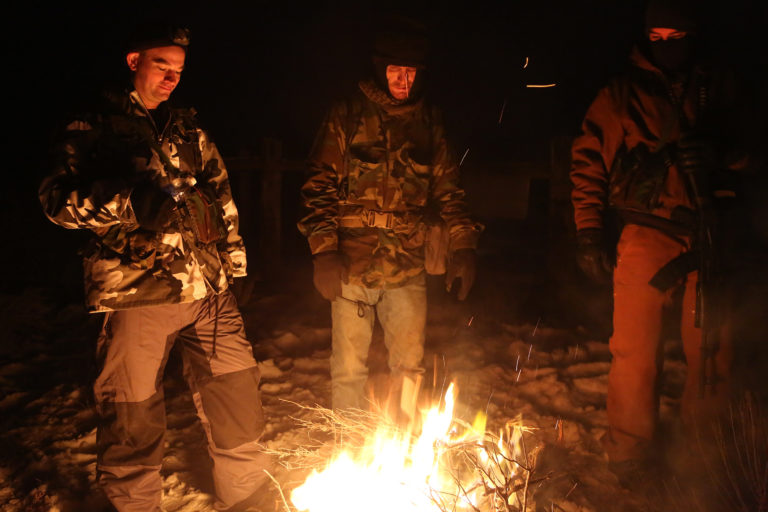Marc DiPaolo’s Fire and Snow engages with the burgeoning ‘cli-fi’ genre which speculates on climate change themes and corollary effects. Through close examination of such diverse works as Suzanne Collins’s Hunger Games, Margaret Atwood’s MaddAddam trilogy, and “low-culture” films Snowpiercer and Mad Max: Fury Road, DiPaolo both argues in favor of non-partisan collective action against climate change and explores broader public engagement with environmental themes. Primarily a survey text, Fire and Snow nevertheless provides considered analysis of the relationship between authors, producers, and consumers in the dissemination of cli-fi messaging in popular culture.
Keyword: fiction
The Necropolitics of Liberty: Sovereignty, Fantasy, and United States Gun Culture
This article approaches the speculative fiction of the survivalist right as an archive that can illuminate the continuities between the fantasies of necropolitical power that animate the radical right and undergird the sovereignty of the United States. Focusing on Malheur National Wildlife Refuge occupier LaVoy Finicum’s 2015 novel Only by Blood and Suffering: Regaining Lost Freedom, this essay argues that such survivalist fiction, in imagining a future civil conflict that enables the reinstatement of Lockean property rights, should be understood as settler colonial rather than anti-statist. In representing the dystopian future in which “public lands” are reopened as a frontier, survivalist novels like Finicum’s reaffirm, rather than challenge, the fantasy that produces the constituted power of the United States.

